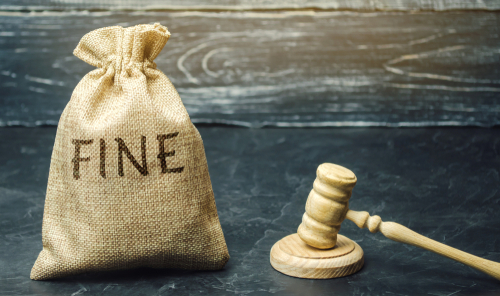There are several pros to cohabitation, and it’s always a wonderful experience when you’re handed your set of keys as a couple to your new home together. It’s difficult to think of what could happen if you split during this time, however, if you aren’t prepared for the worst-case scenario, the potential fallout from a breakup can be a daunting prospect.
In the United Kingdom, the legal landscape for cohabiting couples is evolving, and the proposed law reform seeks to address the challenges faced by individuals who find themselves in these situations. This article will explore existing arrangements, the differences between joint mortgages and property deeds and highlight the role of insurance in protecting your assets, as well as advise on when to engage a property lawyer.
Cohabitation Agreements: The Current Landscape
As it stands, cohabiting couples in the UK lack the legal protections and rights that married couples are granted. This makes having a formal cohabitation agreement in place incredibly important when you decide to purchase a property together because in the event of a breakup, the division of assets can become a complicated and emotional process to navigate.
There are several things to consider when splitting your assets, and it’s all dependent on your situation, number of properties and finances. You will need to decide who gets what, sale prices and if you want a quick sale, how to split earnings and profit and capital gains tax - which differs depending on your married status.
Cohabitation agreements lay out respective rights and responsibilities, and detail financial arrangements between partners, and cover various aspects including property ownership, splitting of assets, as well as pets. Though not legally binding, they are increasingly being considered in court during dispute cases, so it is definitely worth drawing one up with a legal expert when you purchase property together.
Joint Mortgages vs. Property Deeds: What’s the Difference?
One crucial difference to consider when cohabiting couples purchase a property together is the distinction between being named on the mortgage and being listed on the property deeds. The mortgage is a financial agreement with the lender, outlining who is responsible for repaying the loan. On the other hand, property deeds establish legal ownership of the property. Understanding this is the difference between gaining debt or equity in any dispute.
It's common for cohabiting couples to have joint mortgages, sharing the financial responsibility for the loan. However, just because both names are on the mortgage, doesn’t mean that they are on the deeds, so it’s important to determine the legal ownership and make sure the right names are on the right documents to avoid any future disputes.
The Role of Insurance in Protecting Assets
Insurance is key when it comes to protecting a couple's financial interests, and personal assets. I would recommend purchasing life insurance and critical illness cover that can provide financial protection in the event of illness or death. These policies can help cover mortgage payments or provide a lump sum that can be used to settle outstanding debts.
Income protection insurance is also crucial, as it provides a regular income in case one partner is unable to work.
Home insurance is also advisable to protect assets during severe disputes, but having a legal cohabitation agreement in place will also offer protection in this area.
By having appropriate insurance coverage in place, cohabiting couples can ensure that they, and their children/family are financially protected, reducing the risk of financial hardship, or emotional trauma during already challenging times.
When to Bring in a Property Lawyer
Whilst, in an ideal situation, couples may want to navigate the complexities of property division without professional support, in some instances this isn’t possible, and the services of a property lawyer is the only solution and can help clarify the legal standing of each partner.
The roles of a property lawyer includes drafting and reviewing legal documents, ensuring they are legally sound, acting as a mediator to minimise potential conflicts and helping couples to protect their interests.
When selling your property, I also recommend working with an estate agent who has experience in divorce proceedings.
Overall, prevention is always better than intervention, so ensuring that the right legal documents, insurance and agreements are in place, couples can reduce their risk of legally (and financially) draining disputes, protect their assets, secure their financial future and mitigate any potential challenges that may arise in the event of a breakup.
























Join the conversation
Be the first to comment (please use the comment box below)
Please login to comment